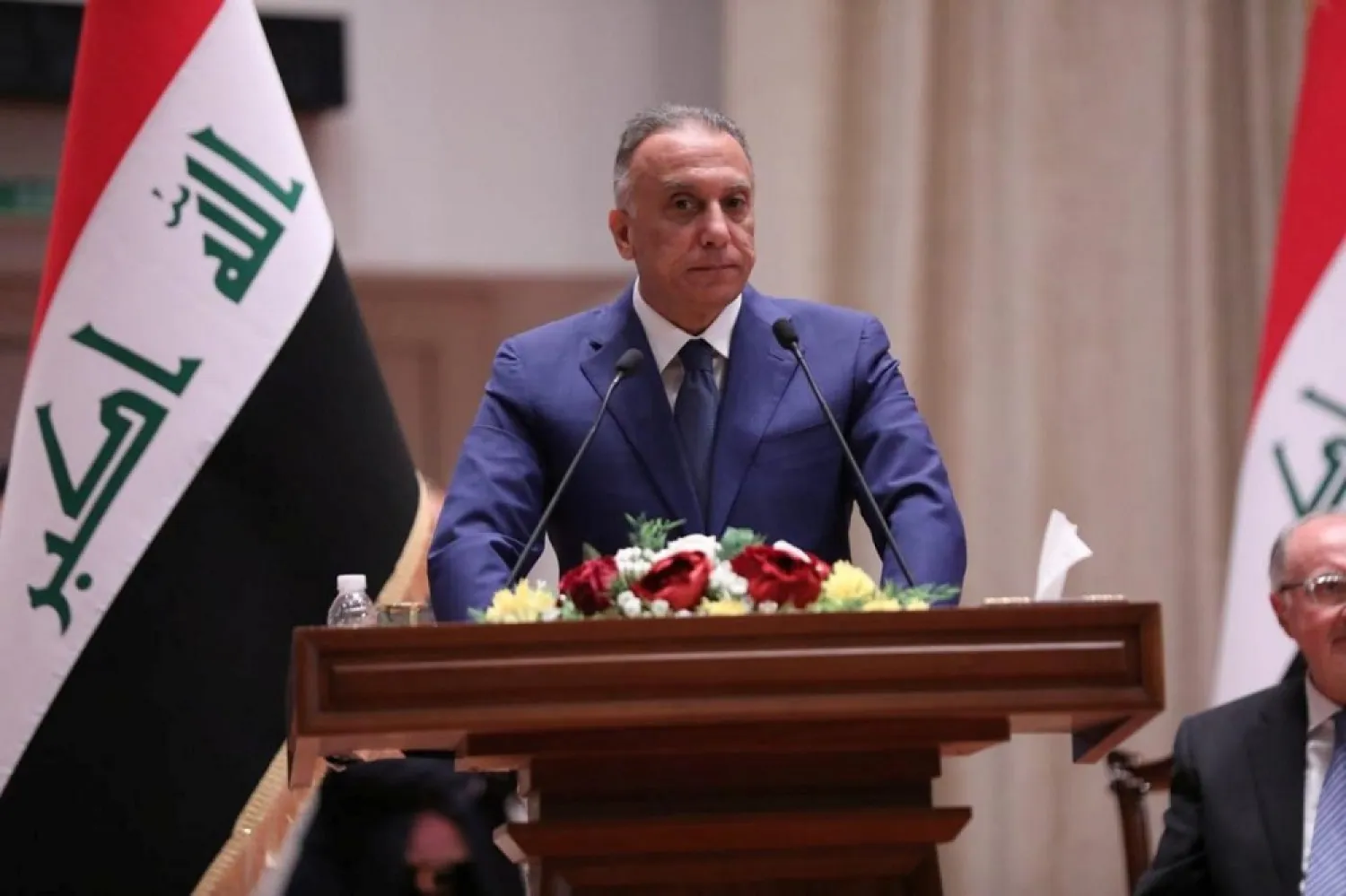Iraq’s parliament on Saturday approved the remainder of Prime Minister Mustafa al-Kadhimi’s cabinet, making Ihsan Abdul Jabbar Ismail oil minister and passing the candidates for six other government posts, lawmakers said.
Kadhimi became prime minister last month after five months of political deadlock after his predecessor Adel Abdul Mahdi resigned under pressure from mass anti-government protests.
Parliament had approved all but seven members of a cabinet of 22 portfolios. They passed the nominees for the oil, foreign, trade, culture, agriculture, justice and migration ministries on Saturday.
Ismail is the chief of Iraq’s Basra Oil Company, the state-run body that oversees oil production and exports operations in the OPEC member’s southern oilfields.
His appointment comes as Iraq participates in OPEC+ talks to decide on an extension to oil production cuts amid the COVID-19 pandemic and low global oil prices. Low revenues have been catastrophic for Iraq, which relies on oil sales to fund more than 90 percent of its budget.
Fuad Hussein, who served as finance minister in the previous government, returns to the cabinet but this time to head the ministry of foreign affairs.
A Kurdish veteran politician known to be close to Kurdish leader Masoud Barzani, Hussein is the only member of the old government to join the new lineup.
He will take up his post just days before the launch of a strategic dialogue between Iraq and the United States, which has complained of Baghdad's close ties to its neighbor, Iran.
Kadhimi, Iraq’s former intelligence chief, is not backed by any particular party and seen as acceptable to both Iran and the United States, Iraq’s two main allies.
His cabinet nominations were approved after backroom deals among Iraqi political parties and leaders.
"My cabinet is now complete with today's vote. This is vital in implementing our program and delivering on our commitments to our people -- who are waiting for actions, not words," Kadhimi said in a tweet on Saturday.
The government faces a health crisis as coronavirus cases rise, an oil-dependent economy in dire straits, the attempted resurgence of ISIS militants and US-Iranian tension that brought the region to the brink of war earlier this year.









